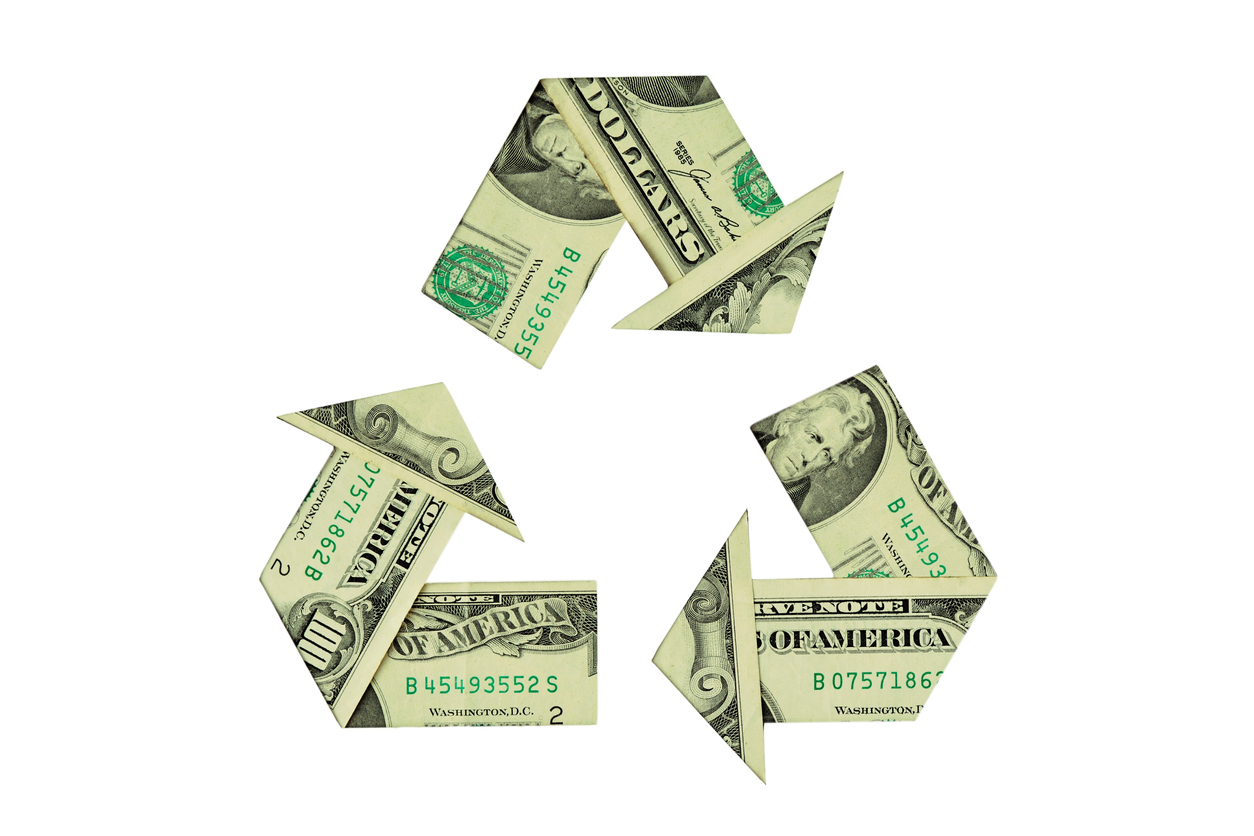Break Down Box: Recycling is Economic Development
CRAIG DOUGLASS
SPECIAL TO THE DEMOCRAT-GAZETTE
Recycling has been placed in a metaphorical box. Sadly, the promotion of recycling’s benefits has been limited to environmental. It’s past time to break down the box and recycle its cardboard walls.
Recycling is economic development. Environmental benefits parallel this new approach. They are obvious (and have been well promoted over the years). Where we are missing an opportunity is understanding that in Arkansas, our increasing population, urban growth, consumer consumption, and focus on public health, while placing a burden on the environment, also affords a change in perspective.
The more relevant point of view should be that recycling does not only address the above environmental pressures, but can also be considered fundamental to the economy and to economic development, including private-sector job creation. That job creation can also benefit the rural areas of our state, which deserve environmental as well as economic development attention.
Economic development strategies are informed by location, available and trained workforce, affordable energy, tax structure and regulation, access to manufacturing feedstocks, and environmental and social amenities.
Recycling strategies are informed by logistics, job creation, solid waste regulations, and responding to commodity pricing by providing raw materials for manufacturing, thus reducing cost, saving energy, and decreasing community waste and landfill disposal.
Do we see how these strategies can work together? If not apparent, here are two examples.
Under construction today in North Little Rock is a glass recycling plant. The plant was made possible by the vision of its Arkansas owners, as well as, in part, by the work of our local regional solid waste management district, which oversees recycling programs throughout Pulaski County, and waste-tire recycling in over one-third of our state.
The glass recycling plant will use glass bottles, jars, and jugs. This discarded and recycled glass becomes the raw material for new manufacturing. The end product will include what is called foamed glass aggregate. A lightweight material weighing 85 percent less than traditional aggregate—gravel—can be used in road construction, backfill, and in-ground insulation.
The result is a recycled material that saves money, reduces the environmental effects of mining, and re- purposes what consumers usually throw in the trash on the way to being dumped in a landfill. Plus, the new glass recycling plant will create a minimum of 40 private-sector jobs, while reducing the tax burden of funding public road construction.
Another example is the burgeoning northeast Arkansas steel mill industry. At this writing, a steel mill in Mississippi County—now the largest steel-producing county in the nation—is using 550 tons per week of waste tires from our tire district in its steel recycling process, consuming tire carbon and harvesting the steel cord.
These are but two examples. There are other important recycling-as-economic-development stories from all parts of our state. The problem is, there is no state recycling policy pulling it all together. With a consistent and coherent statewide policy, the opportunity created by this new perspective could be coordinated and built into economic development efforts, while ensuring that recycling collection, transportation, and processing adheres to specific goals and objectives.
Recycling is economic development. It’s commerce. Recycling can play a critical role in remodeling the recovery and supply of post-consumer materials and provide them to existing industry, as well as act as a catalyst for new manufacturing enterprises, industry recruitment, and job creation. All while helping protect the beauty and tourism-attracting environment of the Natural State.
Break down the box. Recycle it. And recognize the dual benefits of recycling and the promise of greater economic development through advanced manufacturing.
Craig Douglass serves as executive director of the Regional Recycling and Waste Reduction District in Pulaski County.

